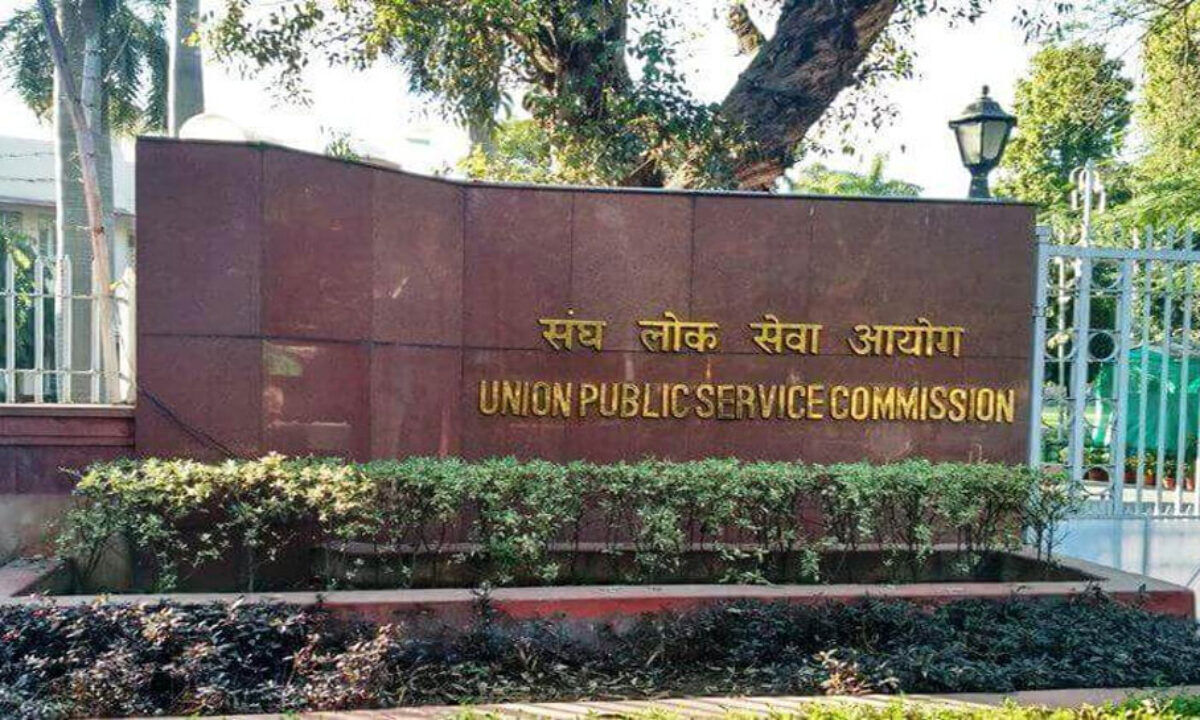Bring in greater specialisation

The exam conducted by the Union Public Service Commission (UPSC), to recruit civil service officers, holds the moniker of 'toughest exam' in India. The toughness of the selection procedure is indeed warranted, as the selected ones are entrusted with the onerous task of laying down the bedrock of governance of the nation. It can be asserted, however, that some ambiguities and inconsistencies in the UPSC exam pattern are better done away with sooner than later. It would be interesting to reflect upon to what extent the challenges in civil services — including extensive shortage of officers across various branches, declining competencies, disproportionate allotment of officers etc. — are related to the inconsistencies within the UPSC exam pattern. The current pattern requires the examination to be held in two phases — preliminary and mains — followed by a personality test. The two papers of the preliminary exams — General Studies-I (GS-I) and GS-II — are objective in format, with the latter (CSAT) being a qualifying one. So far so good. The prelims exam is an essential component, allowing shortlisting of suitable candidates from the lakhs of aspirants who apply for the exam. The structure of the mains exam, however, has emerged as a point of contention. The critical question being whether the subjective exams are encompassing enough to sift candidates in line with the diverse professional etiquettes required for different wings of the civil services. More importantly, the dilemma of prioritising preference of the candidate over the vacancies available in a particular service, or vice versa, adds more layers of ambiguities. From an aspirant's perspective, she is forced to go all out for years of rigorous preparation and examination, with the uncertainty of landing in the right place looming large. There is no doubt that civil services are the most sought-after career options in India but this uncertainty may be a depreciating factor, if not a deterrent, for the aspirants. On the contrary, it is argued that a common civil services examination is suited for students who get to choose, or are designated, a particular branch of civil services after being selected. The perception of convenience arises partly due to association with a set pattern being followed for decades. In view of governance, recalibration of UPSC exam pattern appears more of an imperative. If after conducting such a rigorous examination, the UPSC fails to get the right talent in the right place, the entire exam set-up may be wanting a revamp. Aside from the preference provided by aspirants, the availability of vacancies in particular branches and, more importantly, the ranking play a major role in designation of services. The entire logic appears to be flawed here. In the first place, ranking can never be a suitable determining factor as to what services the selected candidate is suited for. At the same time, rather than selecting a bunch of candidates and deciding where to force fit them, it may be more fruitful to have a need-based targeted approach towards filling the seats. For instance, an exam conducted to specifically fill vacancies in Indian Forest Services (IFS) will test the required skills and approach in greater depth, than in the common exam. The need for having separate exams for various wings of civil services also arises from the fact that the number of aspirants is rising exponentially, and the process is getting cumbersome with each passing year. As a matter of fact, India has had a history of conducting separate exams for separate services. Preliminary examinations can be left as such for sifting appropriate candidates from the vast pool of aspirants but, when it comes to testing and grooming candidates for the services they would enter, greater specialization must be sought. Specialization is considered to be the best tool to have a competitive edge in most of the professions. Why should it not be ascertained in something as crucial as civil services? Separate exams will not only bring in greater efficiency in governance through clear-cut allotments, but also simplify the process for all the concerned stakeholders. At the preparatory stage itself, aspirants can develop a clarity in their approach. The preparation phase in an aspirant's life is a phenomenon in itself — full of energy and hard work. A more targeted and specialised exam pattern will channelise this energy and labour in an optimal manner. Common civil services exam pattern may have lived their life. An overhaul is needed.



